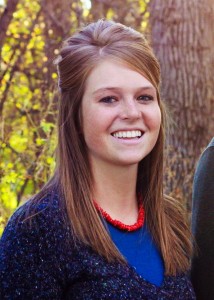
Recently, Brandi Buzzard, an Agricultural Communicator, Writer, and Scientist who works at Kansas State University, wrote about EPI Air Technology on SwineWeb.com in an article titled “Airing it Out”. At the Animal Science and Industry Department at Kansas State University some of her responsibilities were to coordinate and conduct research trials aimed at developing low stress production practices for swine and cattle producers. Brandi noted, “While I generally enjoy conducting research in swine barns, I must admit that I don’t enjoy what I unaffectionally call ‘hog barn crud’ or the hacking and coughing I experience for the next 2 days after being in the barns.”
What Brandi experienced is the same poor air quality in the barns that swine, poultry or other livestock livein each day. The employees that work in the enclosed swine facilities breathe in the excessive particulate matter in the air, which also contains high levels of ammonia. Needless to say, the dust, gases, and ammonia can be a concern to animals and humans alike. Brandi feels that EPI Air has great possibilities, “ I think it has huge potential to increase herd respiratory health as well as improve the working environment for employees.”
Another student at K-State Swine unit is currently conducting a study to evaluate the effectiveness of the EPI Air system. Although the study is still going on and the results are not available yet, it looks like a promising solution for swine producers. Brandi is excited to hear the results. She explains, “Well, for starters the amount of dust that is removed from the air is astounding. Seeing all that particulate matter stacked on inanimate objects like fences and the walls really opens your eyes to how much dust is flying around in the air and being ingested by both the employees and the animals. If they’re concerned at all about respiratory health for either, they’ll want to consider EPI.”
Brandi is passionate about agriculture and it shows. She writes about it on her blog and on Twitter. Agriculture employs both her family and her husband’s family, and as Brandi says, “It’s our way of life and all we’ve ever known.” Brandi’s philosophy is “I write and speak out and tell my story – if I can help one more person learn about agriculture, then I’ve done my job.”
